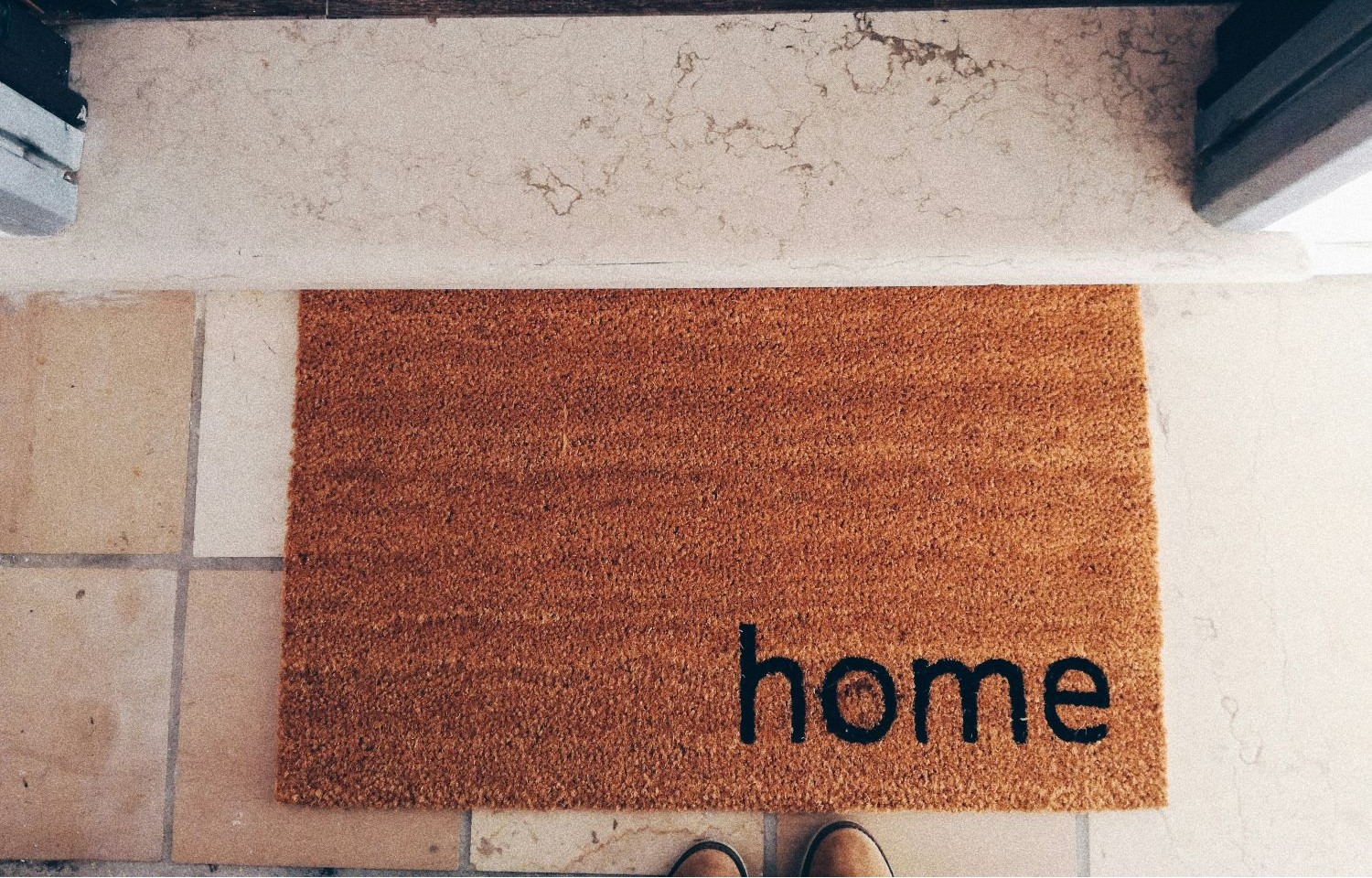Every Purchaser, subject to the rights of any tenant, may enter the property on one occasion prior to the settlement date to examine the property, chattels and fixtures that are included in the sale. This is usually done in the day or two before settlement, as by then the Vendor should have started to pack or move out and there is less chance of any further damage between then and when settlement money is handed over.
This inspection is to give the Purchaser the chance to check all chattels included in the agreement are still at the property and, more importantly, are in working order and otherwise in the same condition as when the agreement was signed, subject to a bit of fair wear and tear in the weeks since. Also, all systems that run the property, like hot water systems, security systems, pool pumps, electrical and other items must be working.
It also gives the Purchaser the chance to check that no damage has been done to the property since the date of the agreement.
Another common concern just before settlement, is the level of general cleanliness of the property. Every Purchaser will have differing expectations of what state the property should be in on settlement. However, there is no clause in the standard agreement that specifically states the property must be clean or cleaned. Rather the property must be in the same state as at the date the agreement was signed.
If an issue does arise as a result of the pre-settlement inspection, it will likely have to come within clauses 5 or 7 for the Vendor to have responsibility to remedy it. For example, the oven not working is a valid complaint, but a blown light bulb or untidy kitchen will not require remedy by the Vendor. Also, with some minor items the cost of getting lawyers involved to argue over the likes of a blown light bulb may not be the best solution and sometimes the practical approach is taken.
If an issue does arise at your pre-settlement inspection, notify your lawyer in the first instance as they will be able to step you through both practical and legal solutions. The Vendor may agree to fix the problem, in which case you can re-inspect the Property once more to ensure the work has been carried out. Or you can agree on a reduction in purchase price or a retention of funds. If funds are retained on settlement, these are held in a lawyer’s trust account and not released until the issues are remedied. Retention is more common in situations where the value of the work is high, so the Vendor has an incentive to complete the work and have the balance of funds released to them.
If, following your pre-settlement inspection you want to seek a price reduction or a retention of funds, then your lawyer must give notice to the Vendor’s lawyer no later than 5pm the day before settlement if you are to have the best chance of claiming compensation out of the settlement amount. For this reason, we recommend carrying out your pre-settlement inspection 2 -3 days prior to settlement.
The pre-settlement inspection is the final step before settlement. It is important to know what to look for, what may give rise to a claim and what the options are for resolving issues that may arise.
This article assumes that the Sale and Purchase Agreement is based on the Auckland District Law Society Agreement for Sale and Purchase, Tender or Auction. The majority of NZ residential property transactions use one of these agreements. The right to do a pre-settlement inspection comes from clause 3.2 of the ADLS Agreement for Sale and Purchase (or clause 5.2 of the Auction and Tender ADLS versions). This clause interplays with clause 5 (or clause 7 of the Auction and Tender ADLS versions) relating to risk and insurance as it gives the Purchaser an opportunity to ensure there hasn’t been any damage to the Property since the date of the Agreement.



